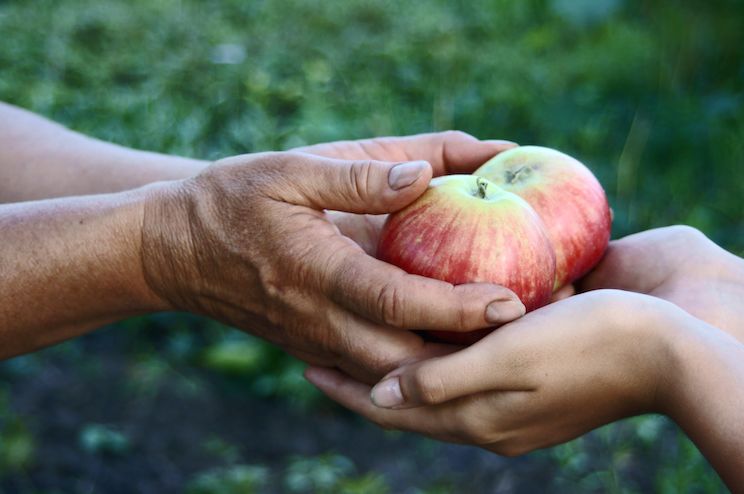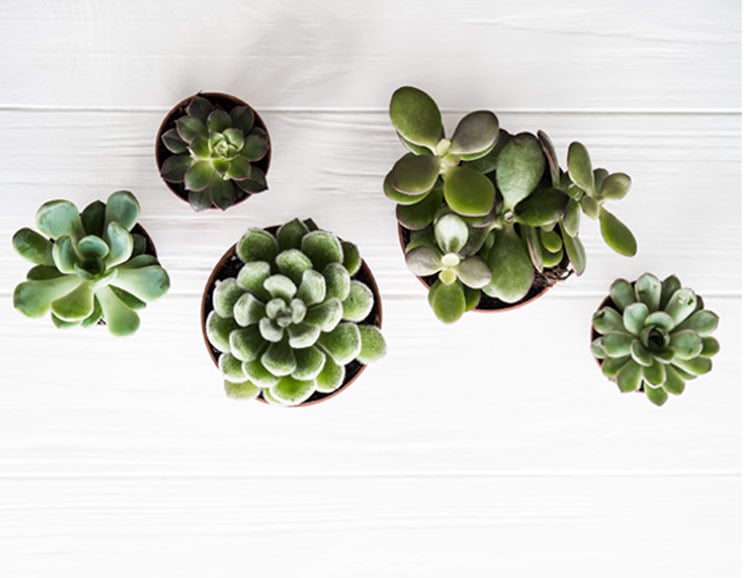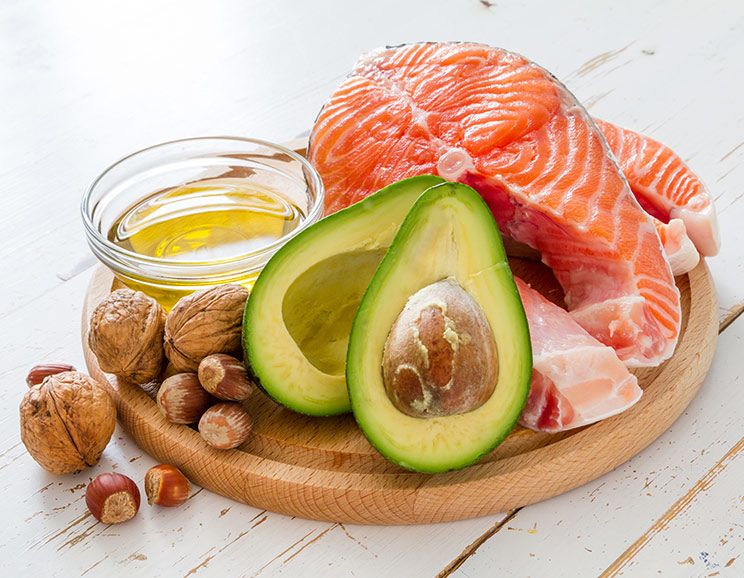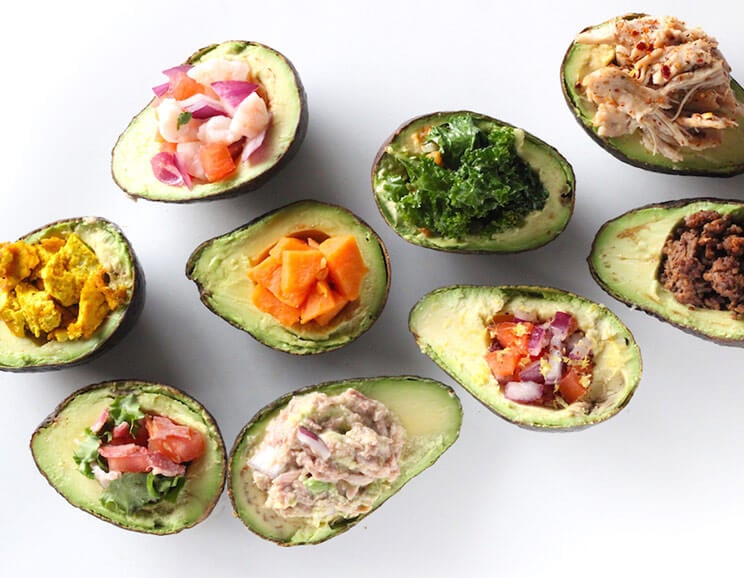Need a pick-me-up? Try your hand at one of these scientifically proven ways to make yourself happier.
When I first started asking myself what it is that I wanted out of life, happiness was my answer. I thought it was a simultaneously foolish and accurate answer. After all, without happiness, what is the point of anything?
To test the validity of my desire, I began asking all my friends, family and even strangers the same question. I got the same answer. As my health coaching evolved into a holistic practice, this question – though in a different wording – became protocol. I became and still am fascinated by human desire.
Sure enough, the most common answer I get to the question “what do you want out of life?” is happiness.
What Is Happiness?

Whenever I see a pattern this prevalent in life, I must explore it more. The first thing I had to do, though, was find out what exactly happiness was. We are all looking for this thing called happiness, but don’t you think someone would have found it by now? There must be a misunderstanding, as happiness seems to be rather evasive.
In my own words, over years of coaching individuals on the subject, I have come to find that happiness is the overcoming of not unknowable obstacles towards a known goal.
That is to say, happiness is actually not even an emotion. Happiness is basically a mechanism of our mind that is experienced through the release of neurotransmitters like dopamine, serotonin, and other bliss chemicals like oxytocin. However, we don’t experience these sensations until we overcome some obstacles in our mind. [tweet_quote] I have come to find that happiness is the overcoming of not unknowable obstacles towards a known goal. [/tweet_quote]
The mind seems to be set up in a way of duality – we need to achieve this thing in order to experience that thing that we call happiness. This is why so many people have a belief that if they work hard enough, they will buy their happiness later.
Therefore, the real secret to happiness is going to be found in practices which provide an end to this type of goal-obsessive thinking. It is great to have goals that inspire us; however, when we become too focused on the goal, we lose sight of the journey.
(Read: 25 Reasons to Be More Positive)
What we fail to realize is that when we arrive at the goal, that place will be made up of the same stuff as the moment you set the goal. As cliche as it sounds, it is true that wherever we go, there we are. If we want to be happy, it has to start now.
We do not acquire happiness from things, as much as our minds like to think we do. We inspire and put happiness into the things we do. So let’s take a look at a few exercises we can use to start doing that now:
Practices For True Happiness

1. Gratitude
Numerous studies have been conducted on the effects that gratitude has on our happiness. The studies have concluded that an attitude of gratitude has measurably positive effects for creating a sense of joy and well-being.
One study showed that being grateful for the things in your life dissolved the negative feelings associated with comparing yourself to others. By simply counting your own blessings, you are less likely to feel inferior and more likely to experience joy of your own.
Practicing gratitude not only increases our general satisfaction, it has been shown to dissolve unhealthy behaviors such as caffeine dependency. People who practiced gratitude also slept better and exercised more. For the past two years I have started and ended each day with a gratitude list. I write down 10 things I am grateful for and why on a sheet of paper and am sure to embody the emotions. I suggest the book The Magic as well, to help you on your gratitude journey.

2. Generosity
Is altruism a reality? Personally, in the most honest sense, I think not. But this is a good thing, in fact. To put it poetically, the hand that gives the rose smells the rose. For our happiness, how we spend our time and energy is very important.
(Read: You Rock – 10 Ways to Celebrate Your Body)
When we give to others, we automatically receive what we give, because we can only give what we have. If we give kindness, it must mean we have it to give. Therefore, if we make an effort to give love, we will experience that love too.
This act of giving releases endorphins, which activates our brains in a way to feel trust, pleasure, love and connection. Once we feel this connection, we are more likely to keep on giving, creating a positive response loop of generosity, kind-heartedness and happiness. (2,3)

3. Forgiveness
When we forgive, we forgive for ourselves. Buddha said it best when he said, “Hanging on to a resentment is like drinking poison and hoping it will kill the other person.” It not only does no good to hate, but it actually hurts us and makes us unhappy.
Forgiveness, on the other hand frees us. We become happier, healthier and more light-hearted. It not only benefits us, but also the person we forgive, which is probably what makes forgiveness difficult to do. However, realize that it comes full circle: you experience the joy and you will experience more joy by seeing someone else happy. [tweet_quote] To forgive is to set a prisoner free and discover that the prisoner was you – Lewis B. Smedes [/tweet_quote]
Recent research shows that forgiveness actually has physical and emotional benefits. It’s one thing to forgive someone in words; it’s another to actually experience it physiologically. When we hate, our bodies become tense, heavy and constricted. Resentment can actually make us physically ill, while forgiveness reduces physical tension, dissolves depression, anger, and stress. It is directly connected with our physical well-being.
Forgiveness isn’t easy because, despite our best efforts, we can’t try to forgive. There is no wanting to forgive or trying, you can only forgive or hate. I find that most hate is love gone sour. By recognizing where the love was lost, you may find that beneath that hate or resentment is a love or appreciation gone unnoticed. Looking for this might make forgiveness easier. Otherwise, at least start by committing to forgiving, and eventually you might see the light. (4)

4. Diet & Exercise
There is a strong connection between happiness and good habits. Studies show that the happier we are, the more likely we are to do the things we know we should be doing, such as eating right and exercising.
Likewise, doing these things consciously promotes happiness. Because the mind, body and spirit are all connected, that means that how we think affects how we feel physically. In addition, how we feel physically will affect our emotions and thoughts. Practicing a healthy lifestyle will likely result in optimism and a positive attitude. (5)

5. Presence
Many people tell themselves, “If I work hard, I’ll be successful. If I’m successful, I’ll be happy.” This is the thinking of happiness as a goal to be reached and an obstacle to be overcame. It pushes happiness out of reach because the moment we reach that goal, it changes, making happiness short-lived and elusive. The mind will always have a new goal in mind.
This is doing things a bit backwards. Instead of achieving a goal to be happy, we must understand that nothing will give us happiness – we will achieve that goal, then allow ourselves happiness. We can have happiness right now. In fact, happiness right now is essential to achieving any goal; otherwise, every success will still feel empty. [tweet_quote] If we wish to be happy, we need to stop thinking about happiness, stop trying to chase and seek it out. [/tweet_quote]
There is a big difference between achieving happiness and happily achieving. The way to happily achieve is by enjoying the riches of the present. Science has shown that we are considerably more productive when we are happy.
When we are happy, we are more likely to be positive and see the good in each situation. Also, we will feel improvements in our intelligence, creativity, and energy levels rise. How? A little brain chemical called dopamine, which floods the brain when we are happy. It doesn’t just make us feel good, it also stimulates the learning centers of the brain. As odd as it may seem, if we wish to be happy, we need to stop thinking about happiness, stop trying to chase and seek it out. When we seek happiness in ourselves it always eludes us, when we seek it in others, we always have it.
One mindset is that we lack happiness and must find it. The other is that we are already contented, so we are interested in seeing the happiness in others and in this moment. Some people advocate meditation to become more present; however, I think meditation only makes someone more introverted and lost in the sea of their thoughts.
(Read: How Stress Affects Your Health and 5 Tips To Handle It)
In my experience, it is far easier to become present by becoming more extroverted: walk through nature, become observant of the trees, the grass, the plants. Also, try becoming very observant of your own senses, paying attention to the sensations in your body, your sense of hearing, sight and smell. As your senses come alive, you will start to notice how magical life truly is. (6,7,8)
Remember, too, that happiness is contagious. If you want to be happy, then make an effort to be around generally happy individuals. While I am not suggesting that you make yourself dependent on other’s happiness for your own, it is true that we are likely to take on the behaviors and attitudes of the people we spend the most time with.
Find a group of good-hearted friends, start a community, and together as a team, commit to your own and each other’s well-being.
(Read This Next: How to Be Happy: 7 Simple Steps)



 The MTHFR Gene Mutation (That You Probably Have)
The MTHFR Gene Mutation (That You Probably Have)







Show Comments